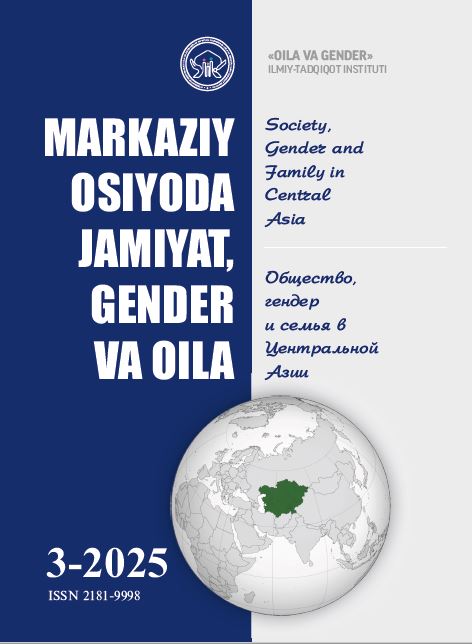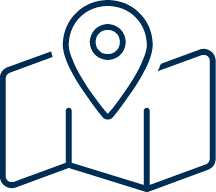Practical possibilities of artificial intelligence technologies in enhancing the competitiveness of women in the labor market in Uzbekistan
DOI:
https://doi.org/10.65185/mojgo.vi.267Abstract
This article analyzes the practical role of artificial intelligence (AI) and digital technologies in enhancing women’s competitiveness in Uzbekistan’s labor market. Based on data from ILO, OECD, UNICEF, World Bank, and national initiatives (Digital Uzbekistan–2030, One Million Uzbek Coders, Uzbekistan Digital Inclusion, Yulduz Tech Awards), the study finds that while gender disparities in unemployment and sectoral segregation persist, remote work, reskilling, and online education are reducing entry barriers. AI tools improve productivity and job-search skills, while public grants and regional programs foster inclusive development. At the same time, risks of data bias and algorithmic fairness are noted, with ethically governed AI, gendersensitive policies, and stronger STEM pathways identified as key conditions for sustainable women’s employment
Keywords:
artificial intelligence gender equality women’s employmentReferences
International Labour Organization. Women and the world of work in Uzbekistan (Country brief), 2022. Geneva: ILO.
International Labour Organization. Generative AI and jobs: A global analysis of potential effects on quantity and quality of work, 2023. Geneva: ILO.
International Labour Organization. Teleworking arrangements and gender equality: A policy brief. 2021. Geneva: ILO.
Ministry of Digital Technologies of the Republic of Uzbekistan. Digital Uzbekistan–2030 Strategy (Presidential Decree; official policy document), 2020. – Tashkent: Government of Uzbekistan.
International Telecommunication Union. One Million Uzbek Coders: Case study on large-scale digital skills development, 2021. Geneva: ITU.
IT Park Uzbekistan. Women in digital education: Coursera participation statistics for Uzbekistan (49% female learners), 2024. – Tashkent: IT Park (official news/analytics note).
IT Park Uzbekistan. Yulduz Tech Awards: Celebrating women achievers in IT (1st edition), 2024. – Tashkent: IT Park (press release).
UNICEF Uzbekistan. Skills4Girls in Uzbekistan: Digital literacy and empowerment for adolescent girls (Programme report), 2021. Tashkent: UNICEF.
USAID Uzbekistan. IT Women – Karakalpakstan: Programme factsheet and results (Project brief), 2022. Tashkent: USAID.
OSCE Project Co-ordinator in Uzbekistan & Astrum IT Academy. (2023). Women entrepreneurs upskilling in IT and digital marketing: Training outcomes report (Press/technical note), 2023. – Tashkent: OSCE.
World Economic Forum. Global Gender Gap Report 2024, 2024. – Geneva: WEF.
OECD. AI in the labour market: Risks, opportunities and policy responses, 2022. Paris: OECD Publishing.
World Bank. Uzbekistan Country Economic Memorandum: Empowering the private sector for job creation (Report No. xxxx), 2022. Washington, DC: World Bank.
StartupBlink. Global Startup Ecosystem Index 2025: Country profile—Uzbekistan (Ranking report), 2025. Tel Aviv: StartupBlink.
Boston Consulting Group & MassChallenge. Why women-owned startups are a better bet, 2018. Boston: BCG.
Downloads
Published
How to Cite
License
Copyright (c) 2025 Ro‘zimurodov O‘lmas Farxodovich

This work is licensed under a Creative Commons Attribution 4.0 International License.










